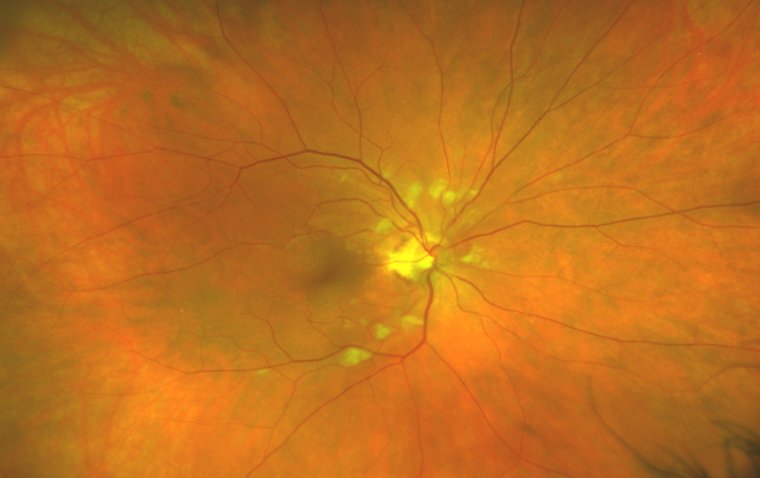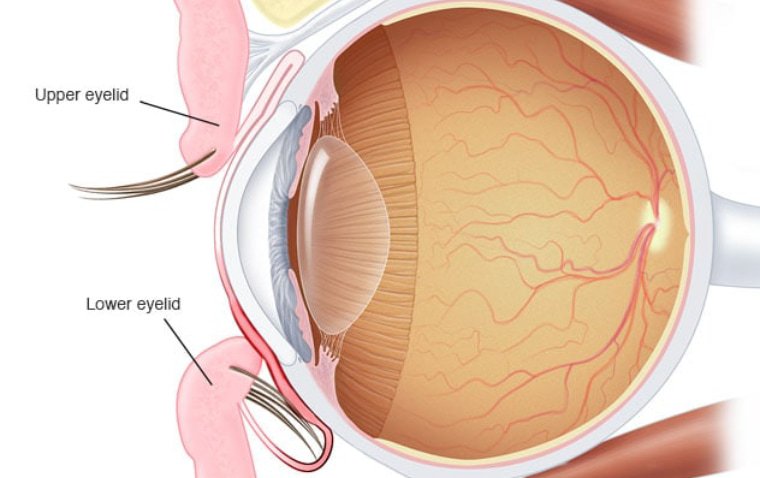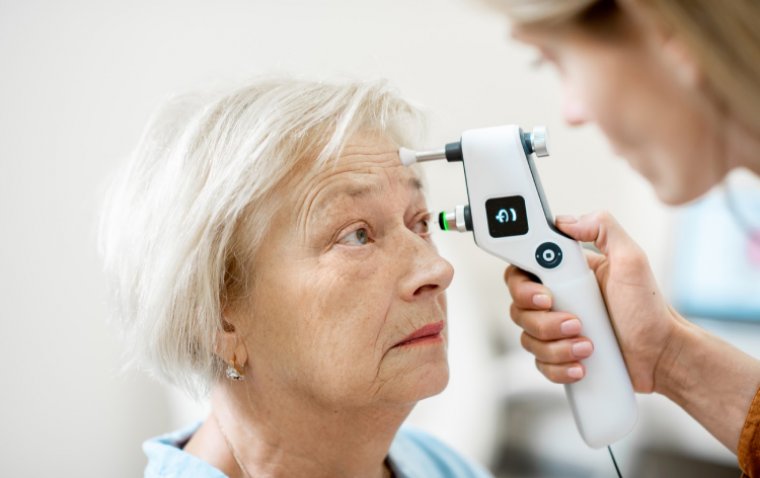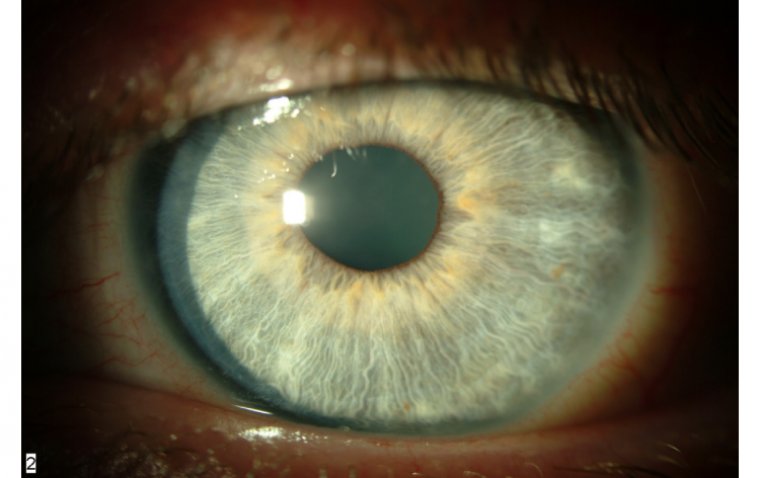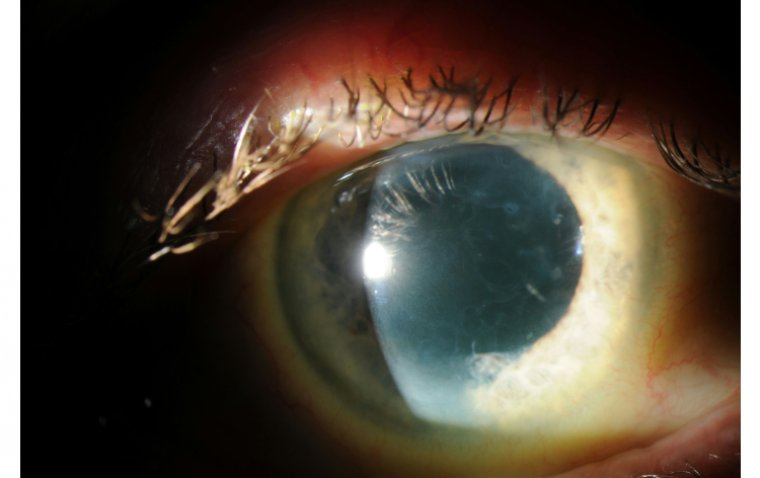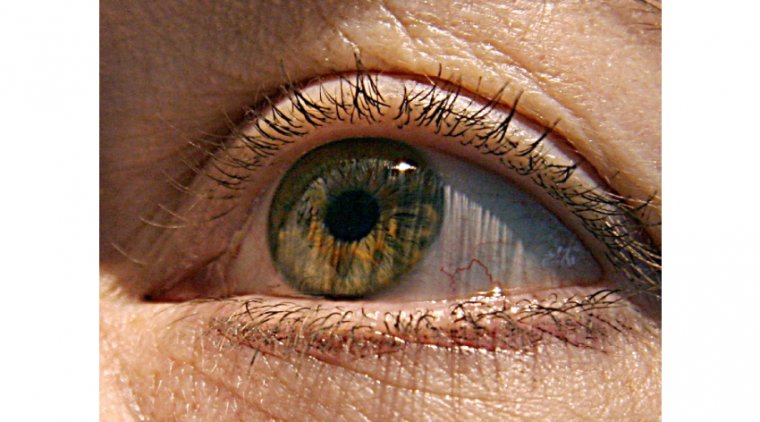
5 Surprising Ways Your Eye Health Affects Your Overall Health
Your eyes are often referred to as the windows to your soul, but they can also reveal a lot about your overall health. In fact, your eye health is closely linked to your general well-being. Here are five surprising ways your eye health affects your overall health.
1. Cardiovascular Health
Your eyes can provide clues to the health of your heart and blood vessels. Studies have shown that people with cardiovascular disease, high blood pressure, and diabetes are more likely to have damaged blood vessels in their eyes, which can lead to vision problems.
For example, the presence of small, yellowish deposits called drusen in the retina may indicate early stages of age-related macular degeneration, which has been associated with an increased risk of heart disease.
2. Brain Function
Your eyes and brain are connected by a complex network of nerves, which means that problems with your eyesight can impact your brain function. In fact, research has shown that vision loss or visual impairments can accelerate cognitive decline, and memory loss, and even increase the risk of dementia and Alzheimer’s. Therefore, maintaining good eye health can help preserve your brain function as you age.
In addition, macular degeneration has been linked to an increased risk of cognitive decline and dementia. Similarly, glaucoma, a disease that damages the optic nerve and can lead to blindness, has been associated with changes in brain structure and function. Regular eye exams and prompt treatment of eye conditions are essential for maintaining good eye health and preserving brain function.
3. Immune System
Your eyes are constantly exposed to harmful pathogens, which is why they have their own immune system. However, eye infections and inflammation can also indicate a problem with your overall immune system. In some cases, eye problems can even be a sign of an autoimmune disorder, such as rheumatoid arthritis or lupus.
The immune system helps protect the eyes by identifying and neutralizing pathogens and foreign substances that may enter them. For example, conjunctivitis, commonly known as pink eye, is caused by a bacterial or viral infection and can lead to redness, itching, and discharge from the eyes. Similarly, uveitis is an inflammatory condition that affects the uvea, the middle layer of the eye, and can cause blurred vision, pain, and sensitivity to light. Both conditions can be the result of a compromised immune system, making it important to maintain a healthy immune system through proper diet, exercise, and other lifestyle choices to help prevent and manage eye health issues.
4. Sleep
Eye health can have a significant impact on sleep, as visual function plays a critical role in regulating the body's circadian rhythm. The circadian rhythm is responsible for regulating sleep-wake cycles and is influenced by exposure to light and darkness. Exposure to bright light, particularly blue light emitted by electronic devices, can disrupt the circadian rhythm and make it harder to fall asleep at night.
Additionally, eye strain and discomfort caused by digital eye strain, dry eye syndrome, or other eye conditions can also make it difficult to get a good night's sleep. This can lead to sleep deprivation, which can affect your mood, cognitive function, and overall health. Proper eye care, including regular eye exams, taking breaks from digital screens, and protecting the eyes from bright light, can help maintain eye health and promote better sleep quality.
5. Nutritional Deficiencies
Your eyes require a variety of nutrients to function properly, including vitamin A, vitamin C, vitamin E, zinc, and omega-3 fatty acids. A diet that is deficient in these nutrients can lead to vision problems, such as night blindness and dry eye syndrome. However, nutritional deficiencies can also affect your overall health, as they can weaken your immune system, slow down wound healing, and increase the risk of chronic diseases. Therefore, it's important to eat a balanced diet that includes plenty of fruits, vegetables, whole grains, and lean protein.
(1).jpg)

